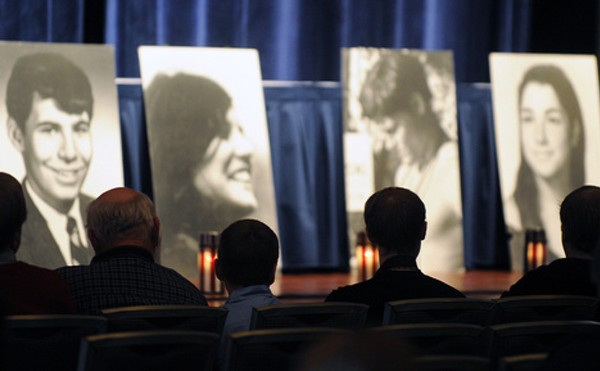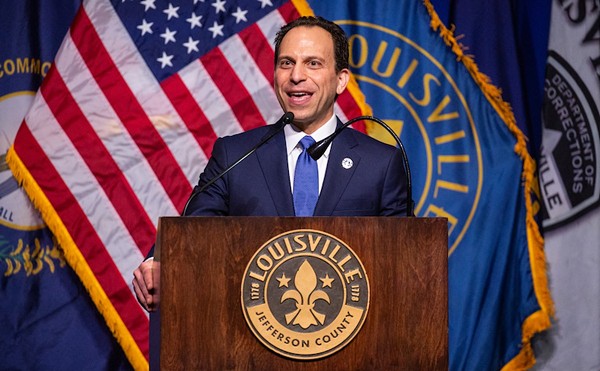Traditionally, God is the creator, redeemer, provider, sustainer, judge and king. It seems to me that all these roles are based as much on our personal needs as our understanding of God’s nature. Still, this view of God made good sense in the time of Aquinas and Augustine. Their faith was compatible with their understanding of the world around them. The world looked much smaller then, and God appeared to be much closer and more involved in everyday events.
If only our world could be so easy to understand today. With the emergence of modern science, the world has gotten to be enormously large. Earth is not the center of the universe anymore. God appears to be much further away from us nowadays, separate from nature — in other words, “supernatural.”
So, a dualism has developed in our understanding of reality. We have God and religion over here, but our day-to-day practical experiences over there. It appears that God rules the world on the Sabbath while science runs the rest of the week based on the theories of Copernicus, Darwin, Einstein and other scientists.
How do we make of sense of this inconsistency? Do we have to reject God in order to understand the world we see, touch, smell, hear and taste? Do we have to suspend our rational thinking to understand God? What is the real nature of God?
For me, the field of theology known as “process theology” offers intellectually satisfying explanations that are helping me find a unified view of the reality I experience.
Drawing on the principles and concepts of evolution from biology, and field theory from physics, process theologians reason that it is logical to think that a higher form of existence is possible and actually exists. We may have failed to recognize this higher form out of the common assumption that human beings are the highest form possible. But, we need to remember what evolution teaches. Life is continuously changing and improving. The possibilities are infinite.
We’ve also learned from biology and the other life sciences that there are at least two critical elements of life: consciousness and physical being. Every living thing we have known so far has both a mind and a body. Looking around us, we can see that our world has a complex physical existence of physical elements. Could this complex world also have its own consciousness?
Taking into consideration both religious traditions and modern science, process theology envisions the consciousness of God as a collective conscience that remembers all past experiences and guides us in the making of individual choices among the possibilities for the future. God’s physical existence is envisioned as the physical outcomes of all choices made in the universe.
Process theology demonstrates how faith and scientific knowledge complement each other. As we know, faith is how we make sense of things we cannot know from scientific facts. Faith is an essential part of life. Our experiences have shown us that we cannot make all of our decisions based on scientific facts alone. Making these choices is what gives our life its meaning. Even an atheist has faith. The atheist has faith in his or her own beliefs about the nature of the world. For a religious person, the focus of faith is God.
LEO, in partnership with WFPL-FM,
is publishing This I Believe essays by
Louisville-area residents. To write your own essay stating a core belief, go to www.thisibelieve.org. Some essays will
be published or broadcast, and LEO will publish additional essays on its Web site.





